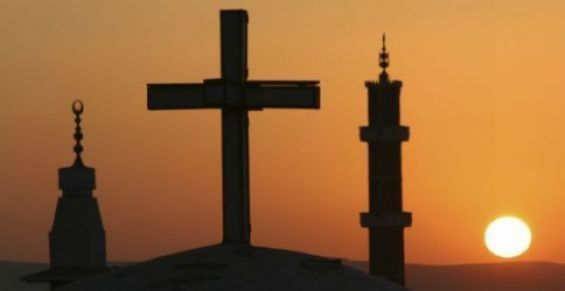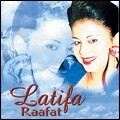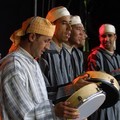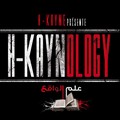The United State of Department released, Friday, its 2018 report on International Religious Freedom. The document revealed that Moroccan law still penalizes «the use of enticement to convert a Muslim» and prohibits criticism of Islam. These two points remain undermining to religious freedom in the Kingdom and to religious minorities.
According to the report, these sanctions do not go hand in hand with the International Covenant on Civil and Political Rights (ICCPR) that Morocco is part of. Moreover, the report states that Moroccan law «also prohibits political parties founded on religion and political parties, parliamentarians, and constitutional amendments that denigrate or infringe on Islam».
The US embassy in Rabat and religious freedom in Morocco
«Sunni Muslims and Jews are the only religious groups recognized in the constitution as native to the country», the same report states. It explains that Shia, Baha’i, Ahmadi and Christian converts «fear of societal harassment, including ostracism by converts’ families, social ridicule, employment discrimination, and potential violence against them by 'extremists'», which pushes them to «practice their faiths discreetly».
The question of religious freedom in Morocco is, moreover, followed very closely by the United States. Trump administration officials, visiting the Kingdom, «met with government officials, including from MOI and MEIA» to help «promote religious freedom and tolerance, including the rights of minority communities», the document recalls.
Sam Brownback, United States Ambassador-at-Large for International Religious Freedom, visited Morocco in February 2016. «The embassy and consulate general officials met members of religious minority and majority communities throughout the country. The embassy also fostered and supported programs designed to highlight religious tolerance», the report says.
This commitment by the United States diplomatic mission in Morocco only confirms the conclusions of a study conducted by the Baker Institute for Public Policy, published in March, on the leaders who embody Islam in Muslim countries in Morocco and the Middle East and North Africa. «From the United States' point of view, supporting the king's initiative to promote moderate Islam requires subtlety, as overt US support could undermine Mohammed VI's religious status, which would defeat of US security», an unnamed US diplomat said.





 chargement...
chargement...













